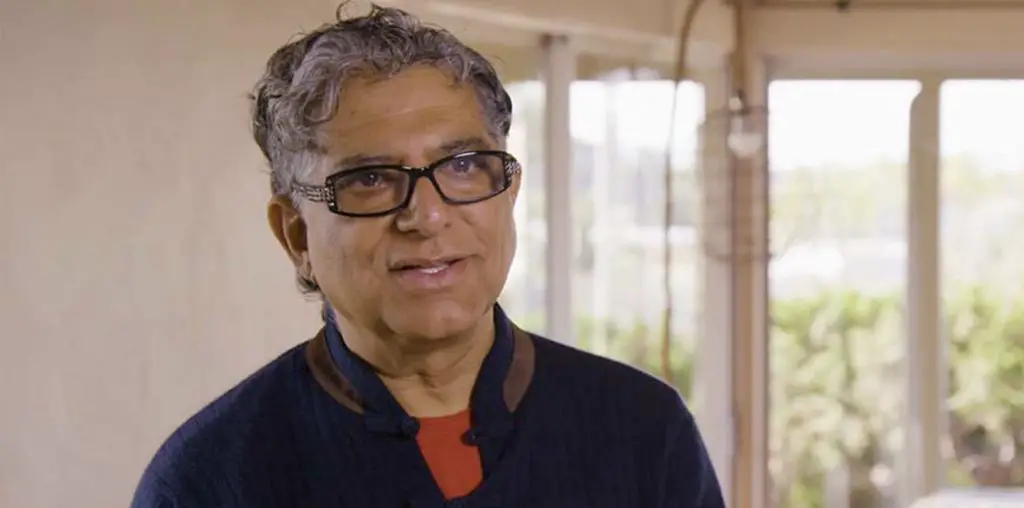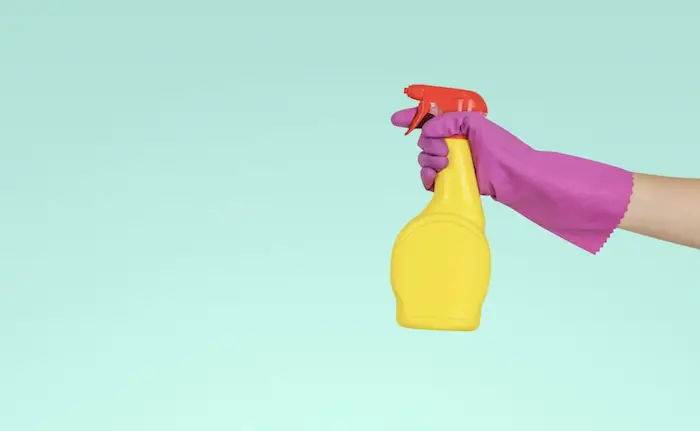
Scripted by cult author and ex-con Eddie Bunker (“Straight Time”) from his original novel, “Animal Factory” is actor/director Steve Buscemi’s sophomore feature effort, and a damn fine one at that, making good on the promise that he showed with the offbeat “Trees Lounge.”
The picture begins when a sheltered rich kid, Ron Decker (Eddie Furlong), is convicted for possessing $200,000 worth of pot. This earns him a “War On Drugs” mandatory sentence of 10 years in a hardcore Federal pen, where he soon meets cross-dressing perverts (epitomized by frequent arrestee Mickey Rourke, in a great cameo), vicious repeat offenders (such as the one played by San Quentin alum/associate producer Danny Trejo) and homicidal rapists (including one played by alleged wife-beater Tom Arnold).
Fortunately for the frail, defenseless Decker, he is soon introduced to Earl Copen (the never-better Willem Dafoe), a well-connected lifer who surreptitiously runs the place by easily outthinking the indifferent/incompetent guards and prison officials. Copen takes a liking to the kid, and this chance meeting saves Decker from getting turned out like a punk and becoming just another piece of meat to be passed around by his h***y fellows (including the freaky Psycho Mike, who fiendishly stalks him throughout the film).
The protective father/son relationship that develops between Decker and Copen is the film’s most powerful attribute, giving it a sense of heart that’s missing from most prison-set dramas, which generally just serve to remind free citizens of what hell-holes prisons have become. (Think “Midnight Express,” “Brubaker” or “Bad Boys.”) And while “Animal Factory” logically reminds one of “The Shawshank Redemption,” Buscemi’s realistic film lacks any corny “feel-good” sequences that might lighten the overwhelming feelings of desperation, fear and paranoia. The only lighthearted moments in “Animal Factory” are the ones in which somebody isn’t being gang raped, assaulted in the yard, or stabbed in the showers. And they’re few and far between. Nobody is drinking beer on the roof in the sunshine in this film, as were the inmates in writer/director Frank Darabont’s vaguely Spielbergian picture. Instead, shooting heroin with presumably HIV-infected needles in a moldering cell is the high point in these characters’ brutally routine lives. (Granted, there is a touch of hope as the credits roll, but it’s an incomplete one, as Buscemi leaves the story open-ended.)
The relationship between Decker and Copen is far more complex than one would usually see in an American film. In one revealing scene, Copen confesses to Decker that his feelings for him aren’t strictly platonic, warning the younger man that “if you ever get out of here and then come back… I’ll definitely be f*****g you.” In later scenes, he jokingly pins the kid to a wall and starts humping him — Copen’s violence lingers just below the surface, barely kept in check by his intelligence, affection, and desire to see somebody get the hell out of there alive and intact (anal cherry included).
In a way, Buscemi’s direction can be described in equal terms. He’s willing to show us plenty of gut-churning drama and violence, but does so without grossing out the audience and making the core story inaccessible. He wants us to survive through the film, but with a few scars and bruises. This keeps “Animal Factory” on the edge of control and chaos, right where it should be, and allows the viewer to remain engaged in what would otherwise be an unwatchable horror show. (Much like the HBO series “Oz,” an episode of which Buscemi directed before beginning the “Animal” shoot.)
I have no idea how women will respond to this story of simmering violence and the near-constant threat of rape, but any man who sees “Animal Factory” will walk out of the theatre chanting “I NEVER WANT TO GO TO PRISON!” Personally terrified of the prospect of falling prey to a “Psycho Mike” type, I probably won’t even cheat on my taxes this year.
“Animal Factory” premiered at the 2000 Sundance Film Festival.
Read the interview with director Steve Buscemi about “Animal Factory” in AN ACTOR’S DIRECTOR: STEVE BUSCEMI>>>


